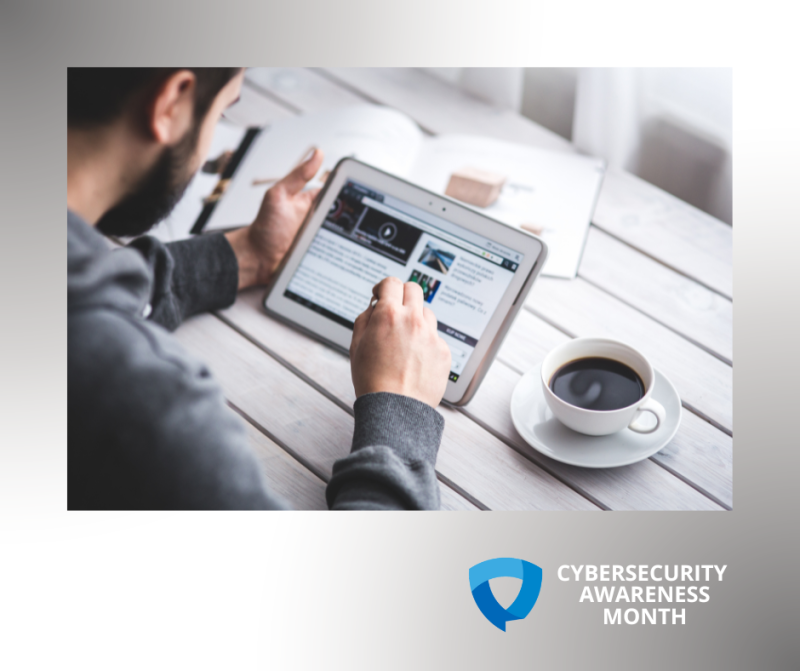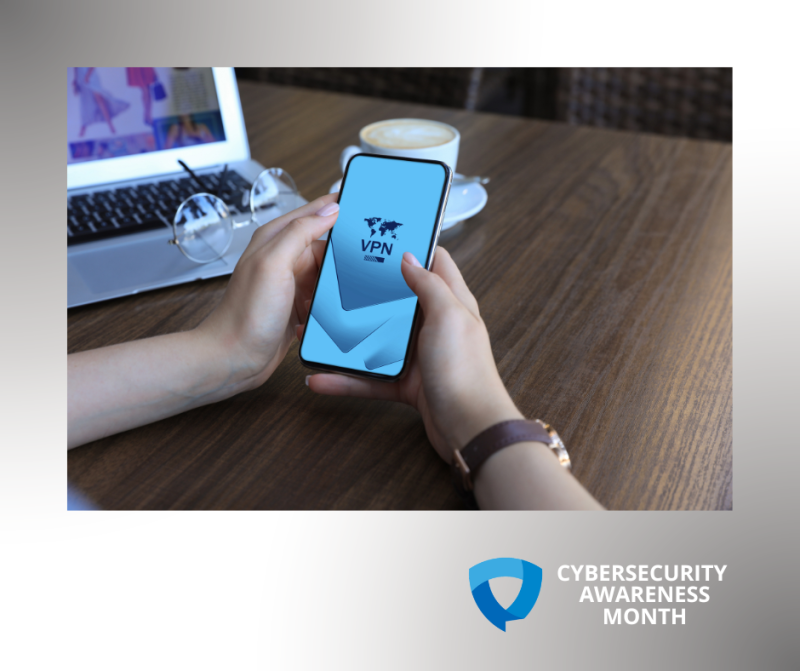Practicing safe browsing is essential for protecting your personal information online. Here are key tips to enhance your security:
1. Keep Your Browser Updated
Regularly update your web browser to patch security vulnerabilities. Check settings for manual updates if automatic updates are not enabled.
2. Use Secure Websites (HTTPS)
Always look for HTTPS in the URL, indicating a secure connection. A padlock icon in the address bar signifies that the site encrypts your data.
3. Adjust Privacy Settings
Customise your browser's privacy and security settings to control tracking and manage cookies, enhancing your online privacy.
4. Be Cautious with Downloads
Only download files from trusted sources and scan them with antivirus software to avoid malware.
5. Clear Cookies Regularly
Regularly clear cookies to minimise tracking and protect your privacy.
6. Use an Ad Blocker
Ad blockers reduce exposure to harmful ads and improve browsing speed.
7. Disable Password-Saving Features
Instead of saving passwords in your browser, use a dedicated password manager for better security.
8. Enable Two-Factor Authentication (2FA)
Enable 2FA on accounts to add an extra layer of security beyond just passwords.
9. Use a VPN on Public Wi-Fi
A VPN encrypts your internet connection, protecting your data from potential eavesdroppers on public networks.
10. Stay Informed About Phishing Scams
Be cautious of suspicious emails or messages asking for personal information; always verify the sender before clicking links.
Through following these tips, you can significantly enhance your online safety and enjoy a more secure browsing experience!

.png)

.png)



